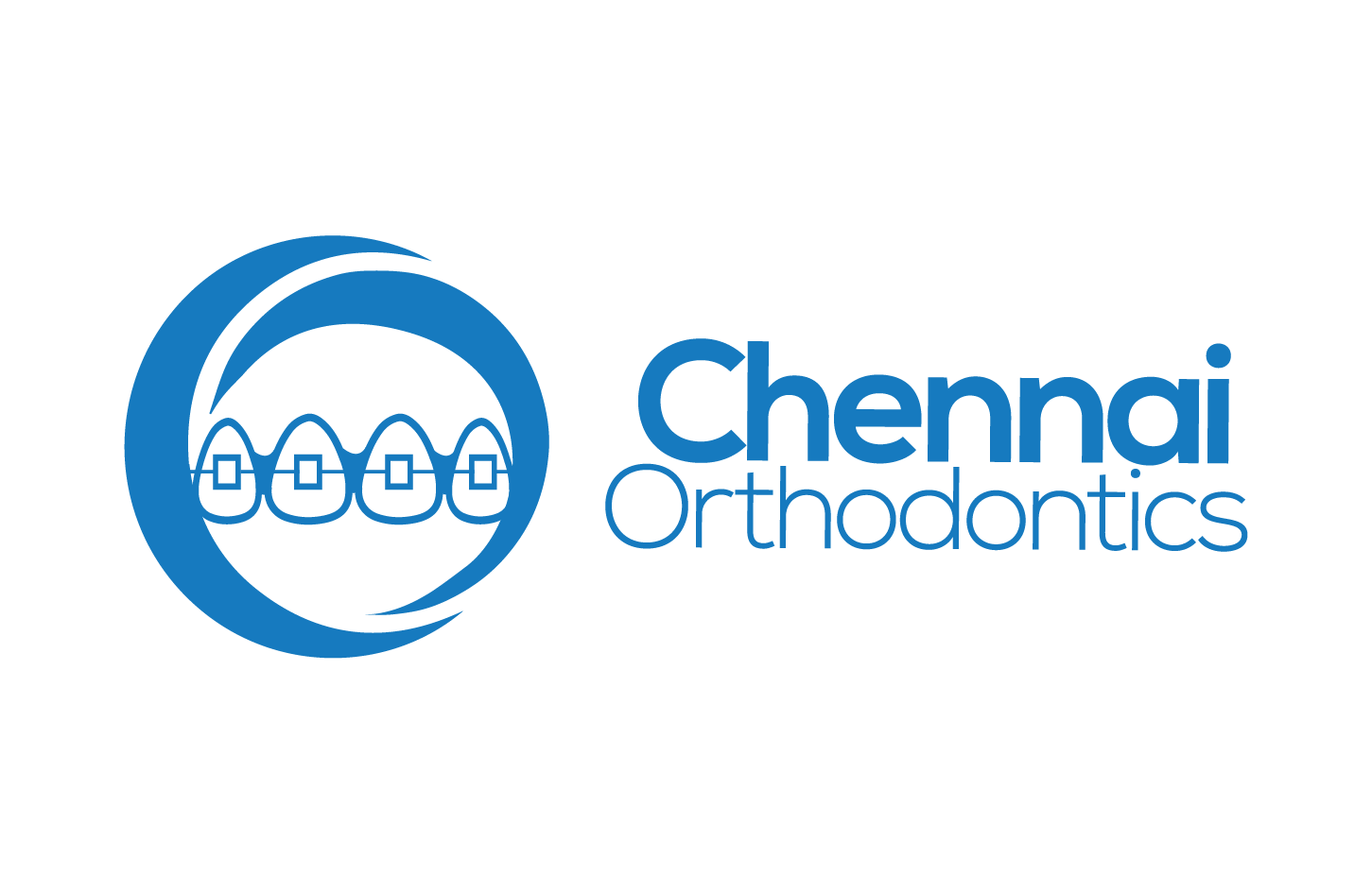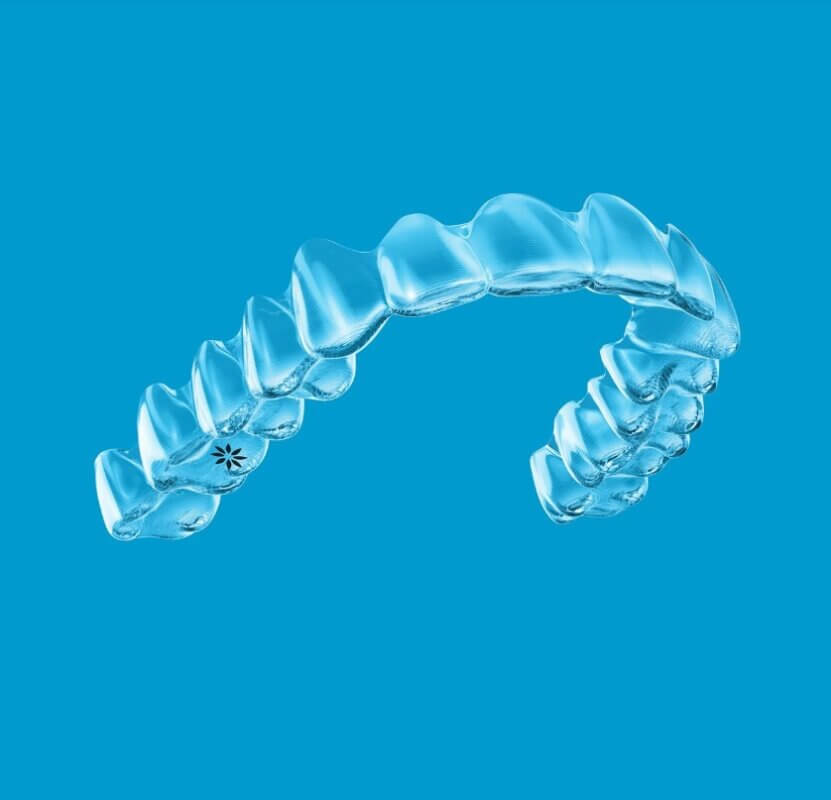INVISALIGN LIMITED TIME OFFER! Flat 25,000/- OFF
Invisalign in Chennai
Why Choose Chennai Orthodontics ?
- Dr.Badri is a Gold Invisalign Provider
- Over 1000 Invisalign Cases Completed
- Customized Treatment Plans
- Patient Satisfaction
- Expertise and Experience
- Comfort and Convenience
- Post Treatment Care
Common Problems that Invsalign addresses
Crowded Teeth
Crowded teeth, also known as dental crowding, is a common dental condition where there is insufficient space in the jaw for all the teeth to fit properly. It occurs when the teeth are misaligned, overlapping, or twisted, resulting in a crowded appearance. Crowded teeth can affect both the appearance and functionality of the mouth.
Gapped Teeth
Gapped teeth, also known as diastema, refer to noticeable spaces or gaps between two or more teeth, most commonly observed between the upper front teeth.It’s important to remember that the decision to seek treatment for gapped teeth is a personal one. Some individuals embrace their gapped smile as part of their identity, while others may prefer to pursue treatment for aesthetic or functional reasons.
Benefits of Using Invisalign Braces
Aesthetics: Invisalign braces are virtually invisible, making them a discreet orthodontic treatment option.
Comfort: Invisalign braces are made of smooth, BPA-free plastic aligners that are custom-made to fit your teeth.
Removable: Invisalign aligners are removable, allowing you to take them out during meals, special occasions, or when you need to brush and floss your teeth.
Easy Maintenance: Cleaning and maintaining Invisalign braces is simple.
Under Bite
An underbite, also known as a Class III malocclusion, is a dental condition where the lower jaw protrudes forward, causing the lower front teeth to overlap the upper front teeth when biting down. An underbite can have both aesthetic and functional implications. From an aesthetic standpoint, it can alter the facial appearance, particularly the profile.
Over Bite
An overbite, also known as a deep bite, is a dental condition where the upper front teeth significantly overlap the lower front teeth when biting down. Overbites can be caused by various factors. Skeletal overbites can occur when the upper jaw is larger or positioned further forward than the lower jaw. Dental overbites can result from factors such as genetics, prolonged thumb sucking or pacifier use during childhood, tongue thrusting, improper swallowing patterns, or missing or poorly aligned teeth.



